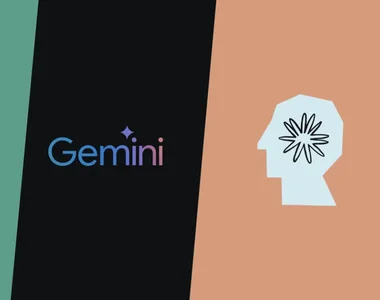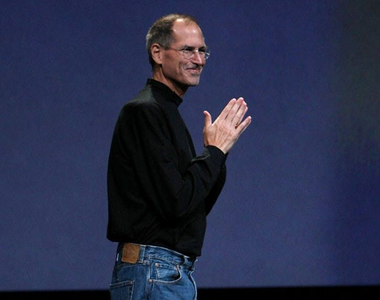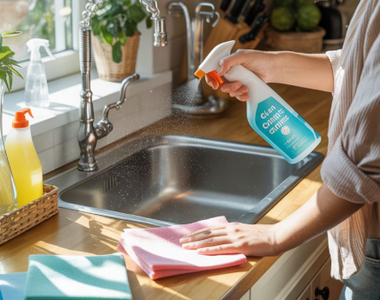
TikTok is among the most popular apps for beauty tutorials, news on the latest trends, and silly content.
Finally, there is no way that the algorithm has filled you with hidden content of "transformations" disguised as "glow up", which means improving the overall appearance of a person.
TikTok's current "glow up" fixation is that of the winter season, or the idea that, instead of New Year's resolutions, you should set goals as early as October to get out of the 'hibernation' phase like "your best self". It's just that it's pretty clear that all of these "our best selves" should weigh less.
This supposed self-improvement, often disguised as self-care, is fundamentally based on actions like drastic dieting and frequent exercise. Influencers discussing the "winter trend" are often promoting their own fitness plans, showing 'before' and 'after' transformations, plus some healthy sleep and skincare tips.

Terms like "revenge body," "toned figure," and "glow up" are code for one thing: a slimmer silhouette.
Every person's weight and size varies from time to time and any body praise is understandable. The motive behind wanting to encourage someone to feel good about their body is understandable, but when the media and outsiders on the Internet reserve the term "glow up" for weight loss transformations, it reinforces the idea that one's appearance is not it was commendable.
With the rise of drugs like Ozempic, trends like shorts and low-waisted jeans, and TikTok ads for weird products like jaw-dropping duct tape, our culture has once again completely lost its meaning.
We should all know better by now, but it seems worth repeating: There are many reasons why people's bodies change, so let's reserve the redundant comments! Do you really want to unintentionally glorify someone's health problems, stress reactions, menstrual cycles, or toilet schedules? We think not.
Social media has made it easy to share any thought, whether it's a famous person or a random person who ends up on the For You Page. We really have to ask ourselves why we feel so privileged to say things about people's bodies online when most regular people wouldn't say the same thing in front of them. Recent tabloid lists of "celebrity makeovers" include Adele, Ariana Grande and Christina Aguilera.
It seems like the only lesson we've learned is how to continue to spread diet culture by changing our vocabulary to make it seem more positive. Meanwhile, we still need to understand that a woman's worth is not determined by her conformity to beauty standards.
Suggested articles:
- "October Theory": Let's explain the trend that is circulating everywhere on Tik Tok
- The psychology behind unnecessary spending: Why do we buy things we don't need?
- Tik Tok Shopping Cart Theory: What Does It Say About You?
- Why TikTok couples are testing their relationships with the 'strawberry question'





